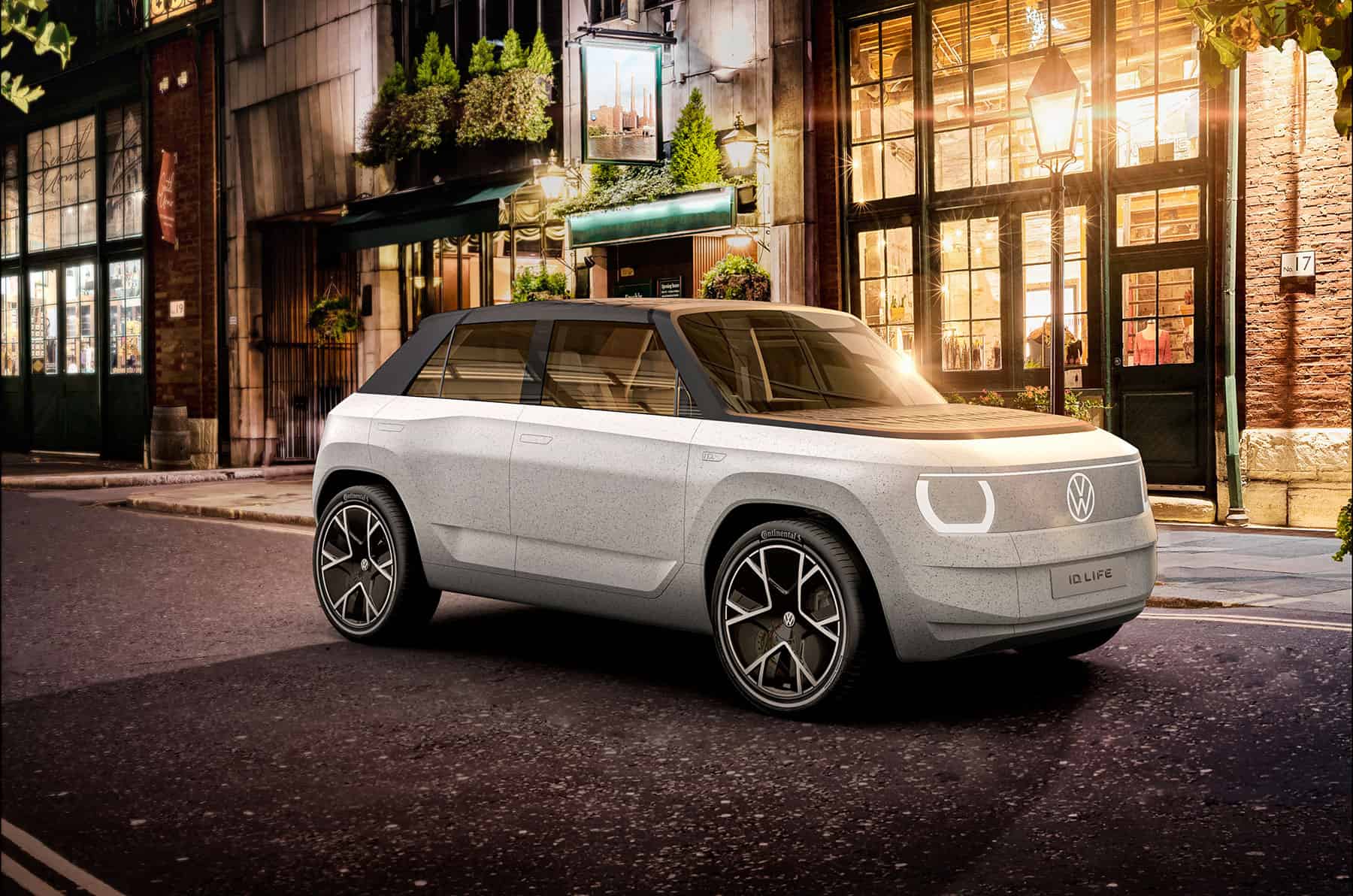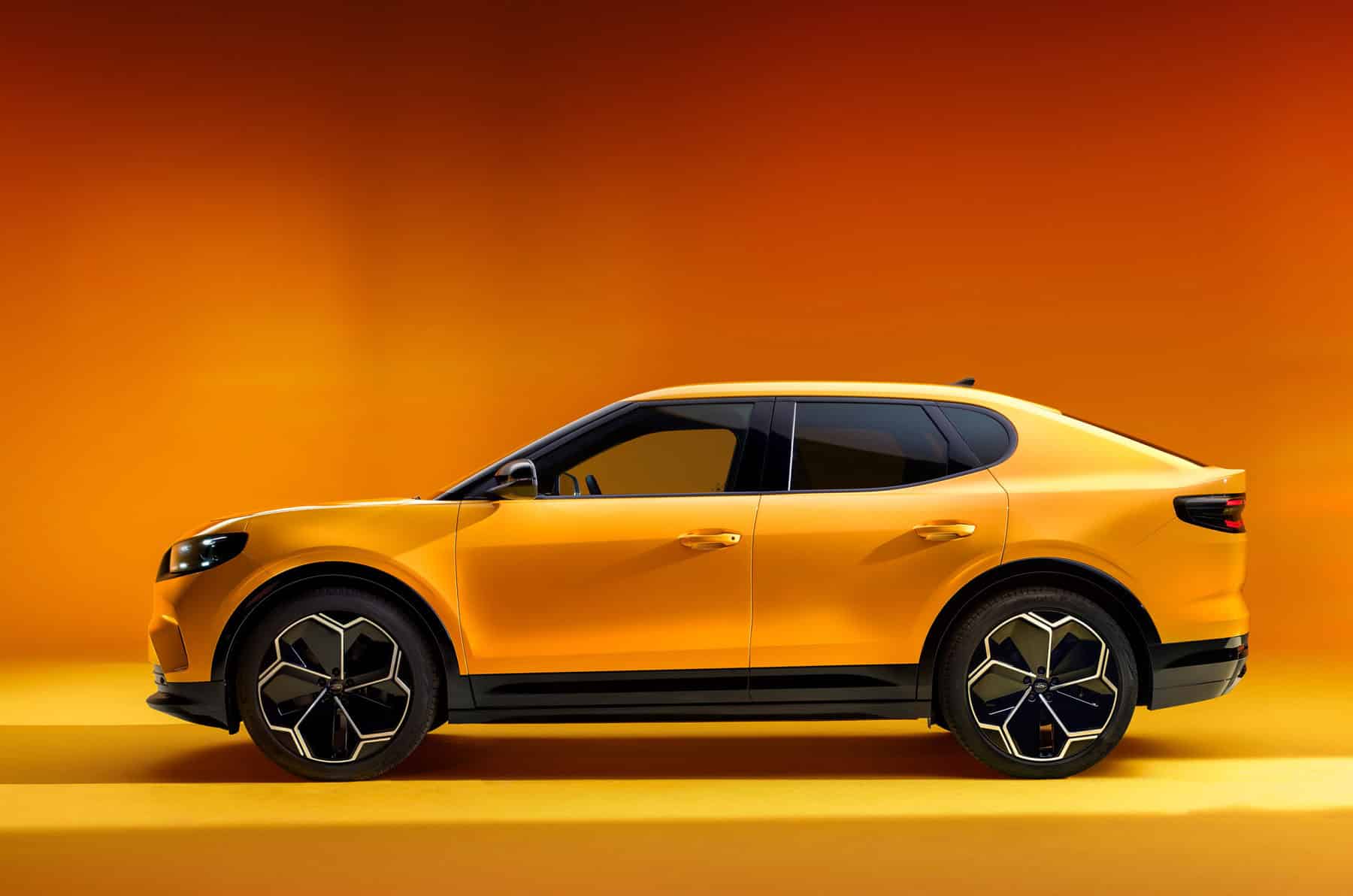
The fifth eMove360° Trade Fair is set to run from October 20-22, 2020. The event is a focal point for host industry leaders both on site and virtually. It is the leading technology trade and fair for electromobility and connected and autonomous driving. The eMove360° Trade Fair is also dedicated to sustainable mobility solutions such as car-sharing and intermodal mobility – transportation involving more than one carrier.
Innovation Origins has chosen a few of the most outstanding innovations from among this year’s 15 finalists for two awards to be conferred on Tuesday, 20 October, at 5:00 p.m.: the MATERIALICA Design and Technology Award and the eMove360 Award for Electric Mobility and Autonomous Driving.
MATERIALICA Design and Technology Award
Daimler and Kraiburg TPE
Two German companies – Daimler in Stuttgart and Kraiburg TPE in Waldkraiburg – have joined forces. TPE stands for thermoplastic elastomers, materials with both thermoplastic and elastomeric properties). In current production vehicles, plastic components that are prone to make disturbing noises are glazed with a slip coating to prevent this. The manufacturing process for this coating is complex and results in a multi-layered part that cannot be sorted for recycling.
To create plastic components that reduce noise that are eco-friendly, Daimler and Kraiburg TPE’s innovation consists of adding friction-reducing additives and surface roughness into the compound and manufacturing tool. This provides multiple advantages in sustainability and economics and further refines the component concept.
eMove360 Award for Electric Mobility & Autonomous Driving
Scantinel
Scantinel Photonics based in Ulm, Germany, is the only European company that has an advanced development status of FMCW LiDAR (pronounced LIE-dar). This technology enables truly autonomous vehicles for private and commercial use. Reminiscent of the words radar and sonar, LiDAR (Light Detection and Ranging) measures distances with lasers, calculating the reflection with a sensor. This is a key technology for self-propelled vehicles.
FMCW (Frequency Modulated Continuous Wave) LiDAR technology has significant advantages over conventional methods. Its range exceeds 250 meters and the technology is very robust even in fog, snow or bright sunlight. The system can also differentiate between its own sensors and those originating from elsewhere, eliminating what is known as cross-talk. It is more efficient since it measures the distance and speed of each data point simultaneously, reducing computing effort and system costs.

ZF Friedrichshafen
Located in Friedrichshafen, Germany, ZF Friedrichshafen AG and its subsidiary 2getthere deliver transit systems with automated and autonomous vehicles. Having carried over 14 million passengers, their software has been in control for over 100 million self-driven kilometers. They have been introducing new transit systems since 1984, constantly revising and updating the software for over 20 years.

ZF Friedrichshafen has come a long way since producing the first airship over a century ago. It is now on the cutting edge of mobility technology. Its autonomous systems were the first to operate without a safety driver all the way back in 1997 and were also the first to feature intersections with manually driven cars and bikes in 2006. The next “first” is already on the starting blocks: ZF Friedrichshafen will also be the first to operate in mixed traffic in 2021.
Quantron
Located just outside of Augsburg, Germany, Quantron AG makes it possible for customers to take advantage of e-mobility without having to replace their vehicles. Instead, they can convert their existing fleet instead to run on electricity. They also sell new e-vehicles ranging from electric vans and e-buses to electric heavy-duty tractors, vehicles from 3.49 to 44 tons in weight. Quantron also sells hybrid models with fuel cells based on the popular van model Iveco Daily. It is the only full-range supplier in Europe for electric and H2 mobility solutions for commercial vehicles between 3.49 and 44 tons and buses.
Beyond that, Quantron a full service package including advance analysis, support with infrastructure and green power supply and also assistance in applications for subsidies. They also provide back-office services such as rental, purchase, financing and leasing offers. Quantron also offers driver training for e-vehicles and has a network of 700 service workshops across Europe.









